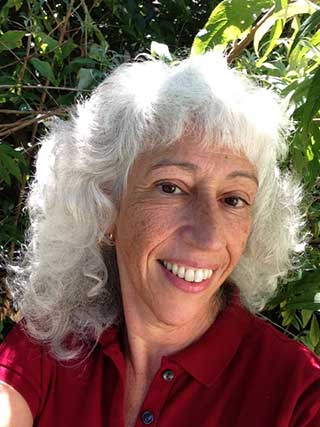|
By: Sherry Katz, LCSW 
Family Systems Therapy is talk therapy for individuals, couples and families that uses a theoretical model focused on the interactions of two or more people. The therapist listens to both behavioral and emotional habits and ways the patient typically relies on, yet feels frustrated or unhappy with the results. A therapist trained in the family systems model will often thoughtfully question the patient's relationship goals; this way the patient can more clearly start to see whether their actions are bringing them closer to the emotional satisfaction they want. For example, someone wants an intimate adult partnership, and lets the particular person know, through words and actions. If the result is the desired partner shows polite occasional interest and rarely initiates contact, then usually that is understood as lack of mutual interest. If the person desiring the relationship continues with different ways and patterns of contact, while at the same time stating their own dissatisfaction with their results, then family systems therapy can help them. When I felt my patient trusted my professional interest in their well-being, a few typical questions I'd ask are, "what sorts of gains and satisfaction are you finding in the pursuit of this unyielding partner?", "has it happened to you ever before that relationship satisfaction comes only after many trials and difficulty?".
No one does anything without perceiving some sort of gain; the benefit of family systems therapy is that not only can the patient address a current issue, but any current patterns that are interfering with emotional happiness will also reveal old styles of interacting that can be reviewed and revised; healing of old wounds becomes possible with family systems therapy. If a parent rarely complimented a child, or the child had unrealistically high expectations set before any type of praise or recognition was shown, then the above relationship dynamic probably reflects a repetition of what feels familiar, despite the difficulty it brings in obtaining and giving love with another. If the patient can now establish new and different standards of acceptable feedback from others, such as expecting more than polite interest or an occasional phone call, then the patient will be free to attract others who meet the newly established inner criteria.
Finally, family systems therapy talks about interaction patterns and which ones need to be changed. It does not require that the people who are being discussed, are necessarily present. The therapy is a model, which then is applied to whatever relationships the patient feels are important to change. As long as someone is open and willing to disconnect from old and futile patterns of interacting with others, family systems therapy can assist with leaving these behind and growing happier ways among others. About the Author...
Sherry Katz, LCSW is a family systems therapist practicing in Ridgewood, NJ. Trained at the Ackerman Institute for the Family, she utilizes her skills to a variety of relationship problems, from parent/child difficulties, tensions faced by either or both partners of a couple, as well as broader range relationship areas, such as adult siblings, extended family stresses and Alzheimer's disease relationship frustrations. She can be reached at 201.445.4770
Click here to contact or learn more about Sherry Katz Last Update: 5/30/2008
|

